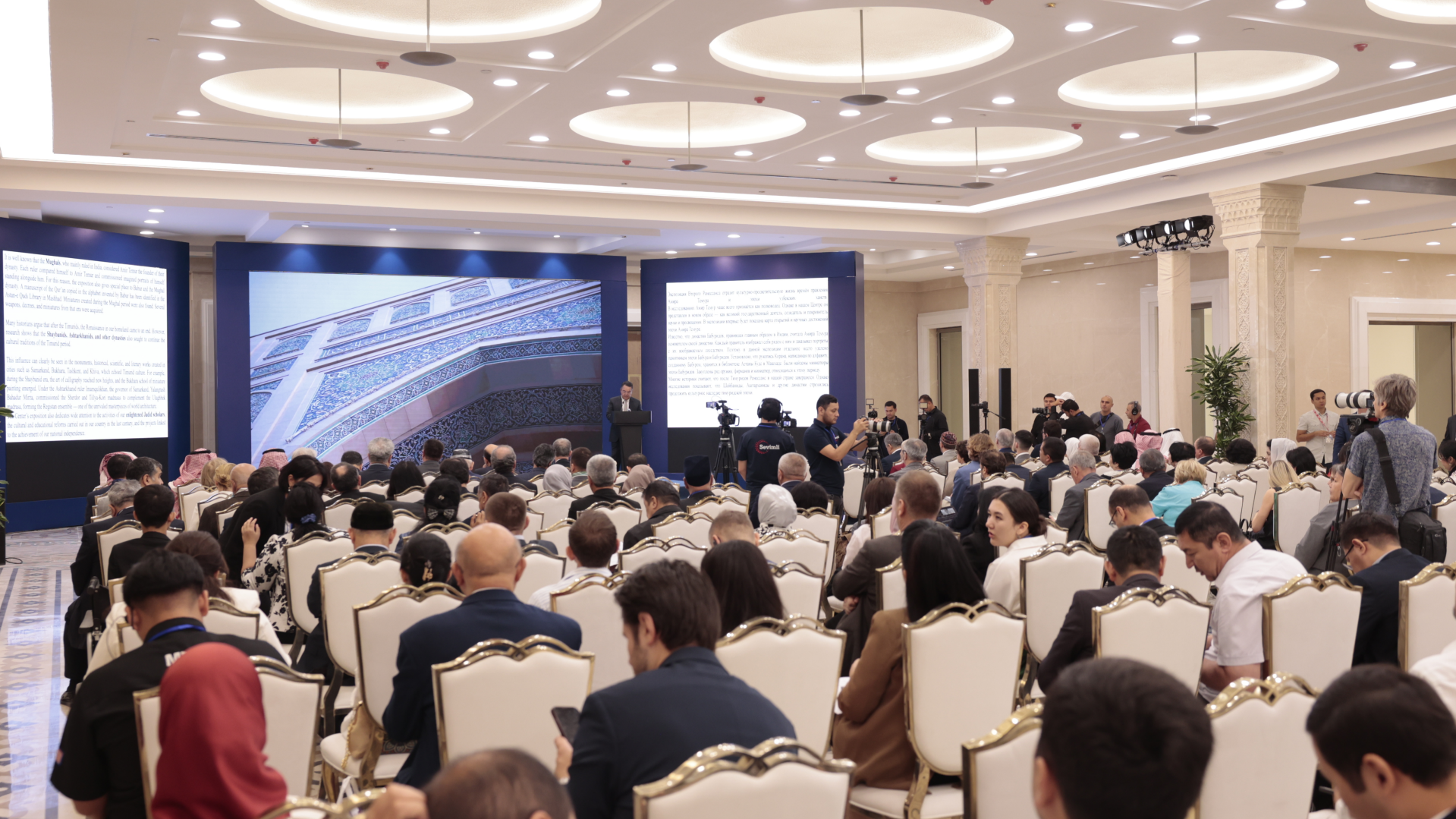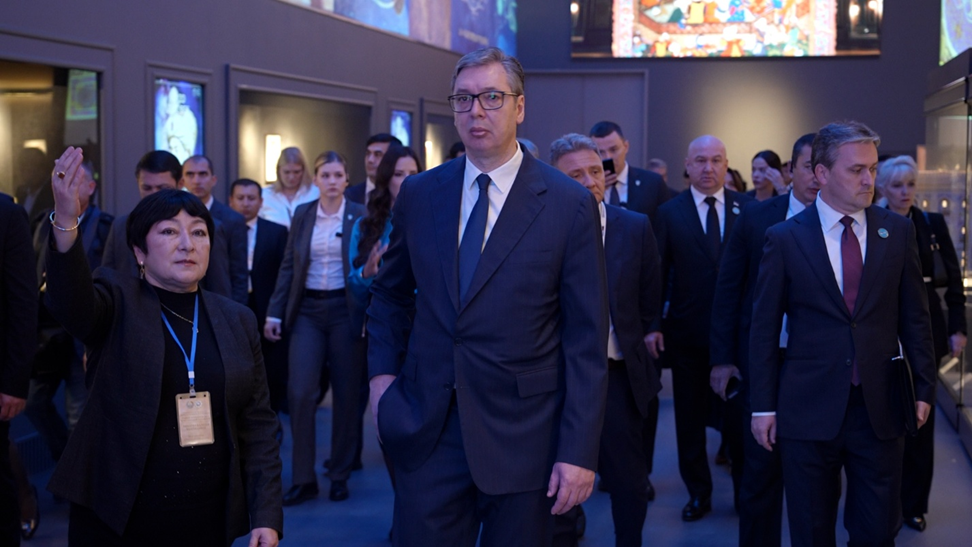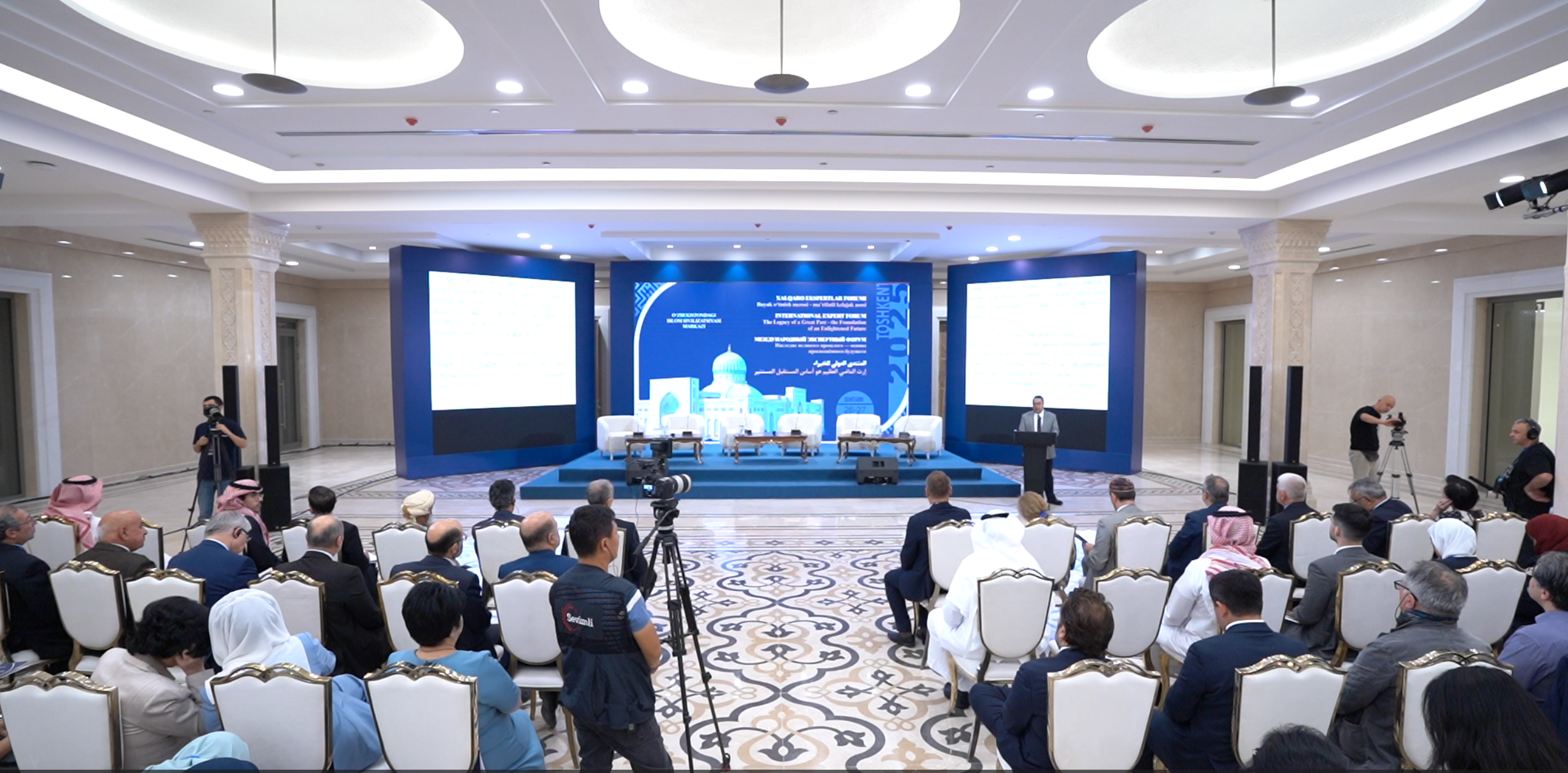Samarkand and Bukhara recognized in a foreign publication
 An article titled “Samarkand and Bukhara: Central Asia’s Influence on the Malay World” was published in Malaysia’s leading newspaper New Straits Times, according to a report by the “Dunyo” News Agency.
An article titled “Samarkand and Bukhara: Central Asia’s Influence on the Malay World” was published in Malaysia’s leading newspaper New Straits Times, according to a report by the “Dunyo” News Agency.
The article presents key information highlighting the invaluable contribution of Samarkand and Bukhara to Islamic civilization and their influence on the development of the Malay world.
“Located in present-day Uzbekistan, Samarkand and Bukhara have for millennia been among the main centers of Islamic civilization. During the so-called Golden Age of Islamic culture from the 8th to 13th centuries these two cities attracted scholars from all corners of the Muslim world. By this time, Samarkand and Bukhara had gained fame as hubs of knowledge and enlightenment in the fields of astronomy, medicine, philosophy, mathematics, and Islamic jurisprudence”, the article states.
The publication also notes that the civilization that took shape in Samarkand and Bukhara spread to the Malay world via the ancient Silk Road and maritime trade routes, significantly contributing to the development of science and facilitating the exchange of ideas and culture.
“Arab and Persian merchants passed through these Central Asian centers on their way to Southeast Asia in the 8th century, contributing to the spread of Islam across the Malay Archipelago. Moreover, the Sufi tradition that developed in Central Asia had a profound impact on the formation of Malay Islamic culture. Early references to this influence can be found in ancient sources on the history of Malay sultanates,” the article emphasizes.
“Samarkand has been declared the Capital of Islamic Culture for 2025 by ICESCO. Let us take this opportunity to recognize the immense contribution of Samarkand and Bukhara to Islamic civilization and their enduring legacy in strengthening the cultural and intellectual ties between Uzbekistan and Malaysia”, the author concludes.
Most read

Over 100 experts from more than 20 countries of the world are in Tashkent!

President of Serbia Aleksandar Vučić visited the Islamic Civilization Center in Uzbekistan

The Center for Islamic Civilization – a global platform leading towards enlightenment











